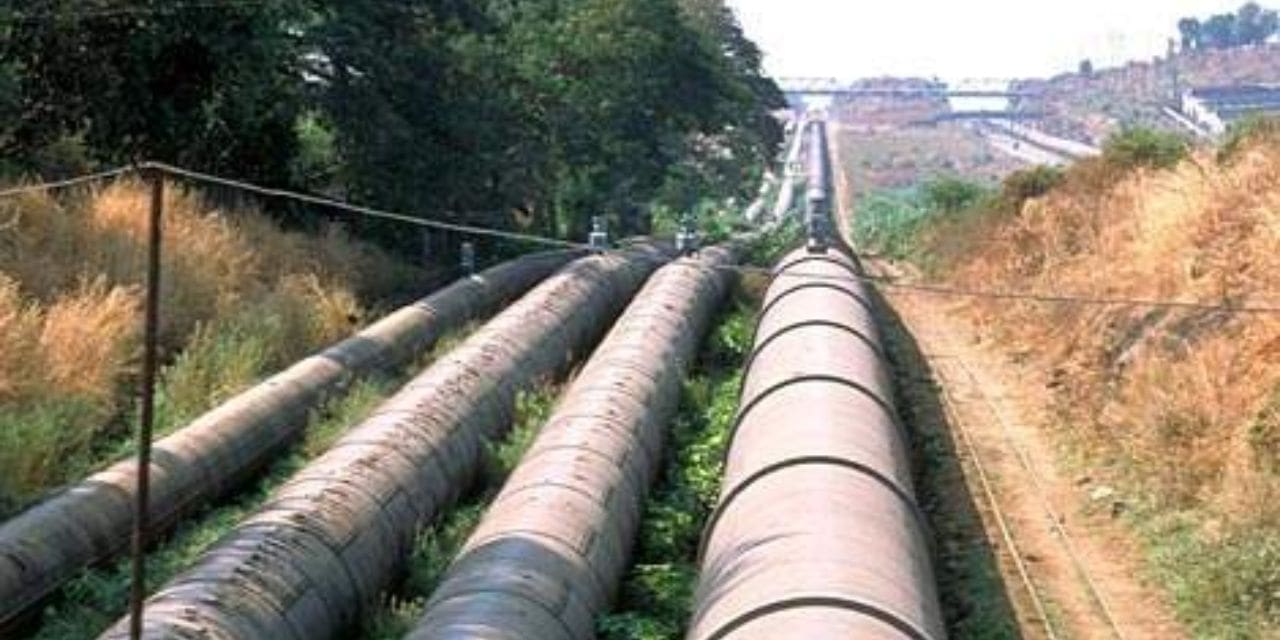The outcomes were miraculous. According to a survey by the Confederation of Indian Industry, Tiruppur decreased its water consumption by almost 50% over the course of ten years. The 300 dyeing units and 60 processing units in Tiruppur today recycle over 12 crore litres of water per day. The concept for collective action received several national and The textile business of Tiruppur is well-known internationally. The United Nations Industrial Development Organisation and the World Bank provided funding to start similar ventures in other nations, while the government gave it the honour of being a “model cluster” for eco-friendly textile manufacture.
support for the Sustainable Development Goals
By incorporating the Sustainable Development Goals 2030 into its manufacturing processes, such as the use of renewable energy sources, waste management, and water conservation, Tiruppur’s textile sector has also been in the forefront of advocating for them. The industry has also put in place a number of measures to encourage responsible consumption and production practises, like creating eco-friendly materials with a lower carbon footprint and the ability to biodegrade.
Encouragement of Sustainable Agriculture Practises
Additionally, the sector has been promoting farm sustainability. practises that limit water use, chemical fertiliser use, and encourage afforestation, such as the use of organic cotton. This is in line with Prime Minister Narendra Modi’s ambitious “5F” plan, which stands for “farm to fibre to the factory to fashion to foreign,” as well as the “Saptarshi,” or the seven goals listed in the Budget. As part of the development strategy for the next 25 years, this encourages green growth.
Going Greener for the Future
Life itself comes from water. Water conservation must be ensured at all levels by each person, organisation, and country. As a result, the measures taken by the textile factories in Tiruppur assume significance because they could serve as models for the sector as a whole to include water conservation into their Business etiquette. Achieving the SDGs, which include promoting climate action and responsible consumption and production, will also be greatly aided by these contributions. Tiruppur has the ability to lead the world towards a more environmentally friendly future by sustaining current activities and developing greater climate-friendly practises.

